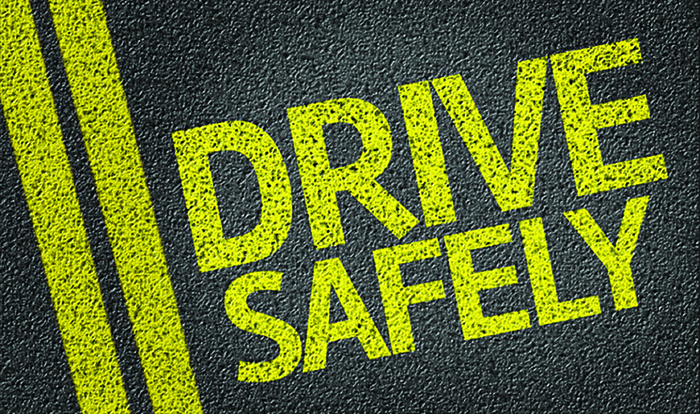
COVID-19: Fewer people driving but more driving deaths

By Dr. Veita Bland

As I was paying my car insurance, I noticed that my carrier said I had received an auto rate reduction of up to 10 percent because they expected fewer accidents as more customers were driving less during this pandemic. Now I certainly did appreciate that decrease in my rate but I wondered if there were really fewer accidents since most of us were driving less.
To my surprise the North Carolina Health News has investigated this exact scenario. In a recent article written by Greg Barnes they did indeed confirm that we have been driving less but to my surprise that is not what happened to the number of people dying.
It was noted at one point with the Governor’s Stay-At-Home orders which ran from March 30 thru May 22, the traffic on the roads was down by 40 percent. Remarkably overall, we drove 19 percent less than we did in the year 2019.
What was shocking though was that the number of deaths from car crashes in 2019 was 1,479. Looking at that period in 2020 the numbers increased to 1,622. That represented a 9.7 percent increase in the numbers of deaths and that equated to 114 additional lost lives.
So how did this happen? We drive less but we die more. Regrettably, this just did not happen in this state but was found to be a statistic found throughout the country.
A study done by the UNC Highway Safety Research Center seems to have some ideas as to what may have happened.
They noted that there was a decline in the usage of front seat belt wearing from 90 percent in 2019 to 85 percent in 2020. They noted that there was a sense of “emotional distraction.” They also noted an increase in “risk-taking behavior.”
They made a point in noting that there is a marked difference between distracted driving and emotionally distracted driving. Distracted driving usually refers to scenarios such as using a cell phone while driving or fumbling with the radio dials when you should be looking at the road.
Emotionally distracted driving involves people worrying about their families. They were worried about jobs, their future, their health and not paying attention to driving because their concentration was elsewhere.
They also noted that the speed of the crashes was higher. With less congestion of the roads people engaged in higher speeds and we all know that speed is a killer. It is known that just an increase of five to 10 MPH greatly increases the likelihood of injury or death.
One ray of good news is that the older drivers did get the memo and followed it. Those 65 years of age and older were involved in fewer crashes. They seemed to be staying home and thus driving less.
It remains to be seen what will happen this year. Hopefully, people will drive more carefully and with better concentration on the roads. Hopefully, they will worry less about their families and their health and their lives. That though will only happen if we get our lives back and the economy starts to recover. Getting the COVID-19 vaccine will help with that and with continued proper usage of mask, distancing and staying home off the roads.
Dr. Veita Bland is a board-certified Greensboro physician and hypertension specialist. Dr. Bland’s radio show, “It’s a Matter of Your Health,” can be heard live on Wednesdays, 5:30 p.m. on N.C. A&T State University’s WNAA, 90.1 FM. Listeners may call in and ask questions. The show is replayed on Sirius 142 at 5 p.m. on Wed. Email Dr. Bland at ideas@blandclinicpa.com.


